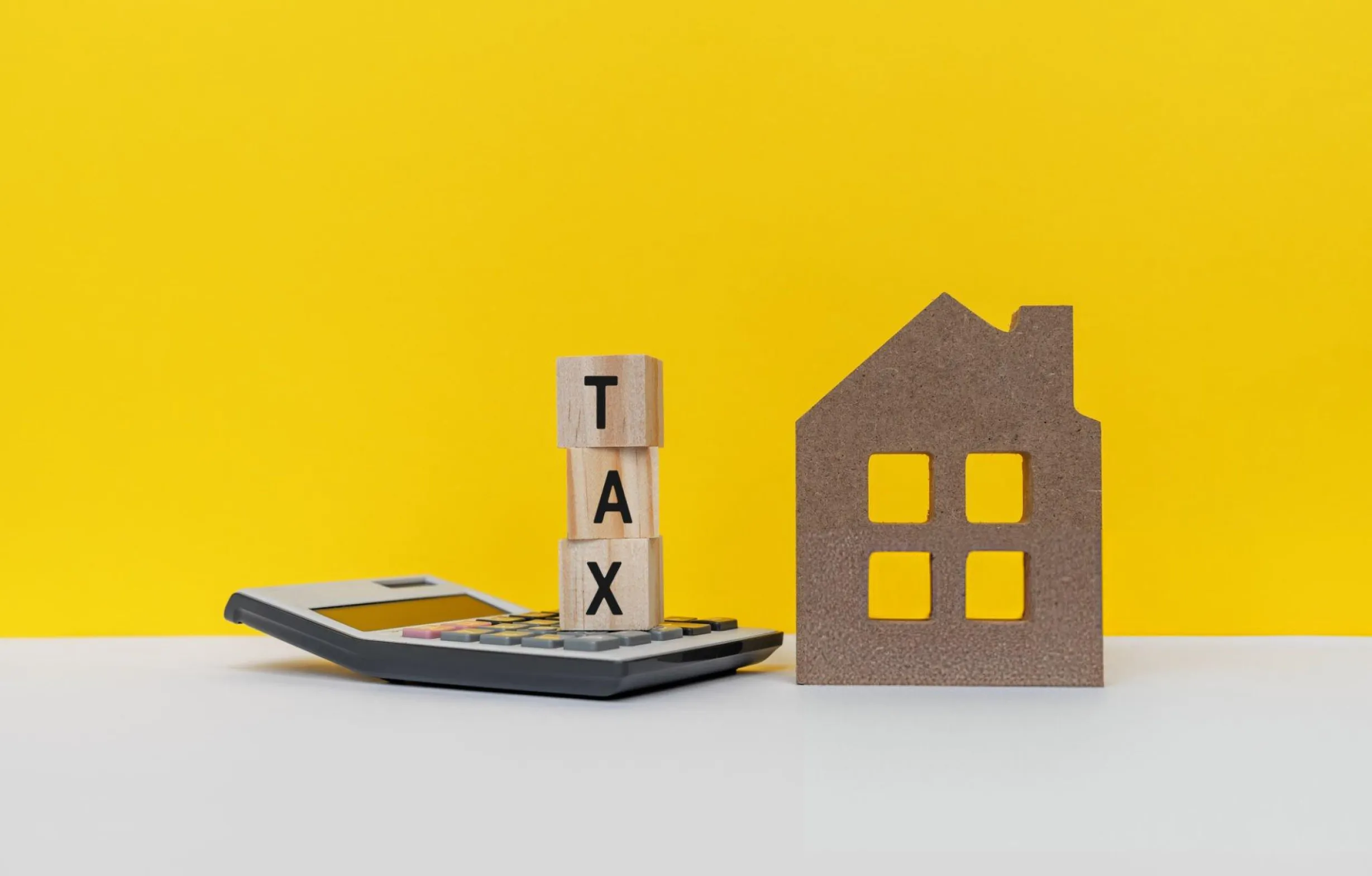Imagine getting a letter in the mail that makes your stomach drop. It’s about a huge property tax hike on your home. For many in Cleveland and suburbs, this is real in 2025. Property values have gone up by 32% in the latest reappraisal.
Even though officials say taxes won’t go up as much, the increase is causing anger and questions. Why is this happening? How will it affect homeowners already struggling? And why does it feel like the system is betraying the community?
This issue is more than just numbers. It’s about the emotional impact of seeing your finances shaken. It’s about trying to understand a complex tax system. And it’s about finding a balance between fairness and funding. Let’s explore why Cuyahoga County homeowners are upset about the property tax hike.
The Emotional Shockwave: A 32% Jump That Hits Home
Agnes Gallo, a 71-year-old from Parma, was shocked by her reappraisal notice. Her home, valued at $283,300, is a $76,000 increase. Her taxes could go up by $950 next year. “This is outrageous,” she said. “People can’t afford to live in their own houses.”
Across the county, the numbers are striking. East Cleveland saw a 67% increase, Maple Heights a 59% jump, and Hunting Valley a 15% rise. The average increase is 32%. For a Cleveland homeowner, taxes could rise by $453.60 annually.
The anger isn’t just about the money. It’s the feeling of betrayal. Homeowners like Roni Menefee, a single mother in Parma, dream of passing their homes to their kids. But with a 49% valuation hike, she’s considering moving to West Virginia. “We’re hardly living in Beverly Hills here,” she said, frustrated.
Curiosity Unleashed: Why Are Values Skyrocketing?
So, what’s causing this big change? It’s a mix of market trends and state mandates. The Fiscal Office spent months reviewing data with state-licensed appraisers. The post-pandemic housing boom has pushed values up, with Cleveland homes increasing by 49% on average.
But here’s the twist: a 32% value increase doesn’t mean a 32% tax hike. Ohio’s House Bill 920 protects taxpayers from inflation. Your tax bill might only rise by a few percent, or even drop if your home’s value grew less than your neighbors. A Cleveland home going from $68,100 to $101,000 might see a $300 tax hike, according to the county’s online estimator.
Many people are confused about the math. Fiscal Officer Michael Chambers explained, “The valuation increase does not mean your taxes will go up by that same amount.” He said, “It will go up by a fraction—if at all.” But even a small increase can be a big worry for seniors like Rivera, who are afraid of losing their homes.
The Heart of the Outrage: Fairness in Question
The numbers might look okay, but the emotional impact is huge. In Garfield Heights, Frank Lucas saw his property value jump by 68%. He was very concerned. In East Cleveland, where many struggle financially, a 67% increase is seen as unfair.
On the other hand, in wealthy areas like Hunting Valley, a 15% increase on $1.5 million homes is barely noticed. This big difference in how much homes are worth is causing a lot of anger.
Chambers said, “The more affluent the neighborhood, the more steady the sales are.” But for those hit hard by the 2008 crash, big increases are a big problem. Even a small tax increase can be too much for some.
Menefee said, “I’m fighting to keep things low for a reason.” He and others are desperate to avoid losing their homes.
The timing of the tax hikes is also a big issue. Tax bills arrive in December 2024, just as winter heating costs are rising. Over 20,000 residents complained, with 14,000 getting their taxes adjusted. But for those who are not happy, the appeal process is long and uncertain.
County official Dennis O’Leary warned, “You’re rolling the dice.” He said there’s a risk of late fees if appeals fail.
A Glimmer of Hope Amid the Storm
Despite the anger, there is hope. Cuyahoga County is trying to help. A new program will offer financial aid and counseling to seniors and those in trouble with their taxes. Treasurer Brad Cromes said, “We think that will be very helpful in keeping people in a sustainable financial situation.”
Seniors over 70 earning under $70,000 can get up to $10,000 in relief starting late 2024. This is a big help for those like Gallo.
Homeowners can also fight back. They can appeal their tax assessments starting January 1, 2025. With the right evidence, they can challenge their property values. The county’s online tax calculator helps people plan for their taxes.
There are also programs like the Homestead Exemption and Owner Occupancy Credit that can help. But many people don’t know about them.
The Timeless Takeaway: A Community at a Crossroads
This is more than just a 2025 problem. It’s a part of Cuyahoga County’s story. Property taxes fund important things like schools and parks. But as values go up, so do bills. The question is, who should pay more?
The anger from homeowners shows a deeper need for fairness and transparency. They want a system that protects the vulnerable.
For now, people like Gallo, Menefee, and Lucas are trying to figure out what to do. Will they stay and fight, or leave the homes they love? Cuyahoga County is facing a tough time, but it will get through it.
Have you checked your property valuation yet? Use the county’s online tools to estimate your 2025 tax bill and share your story below. Let’s keep this conversation alive.






